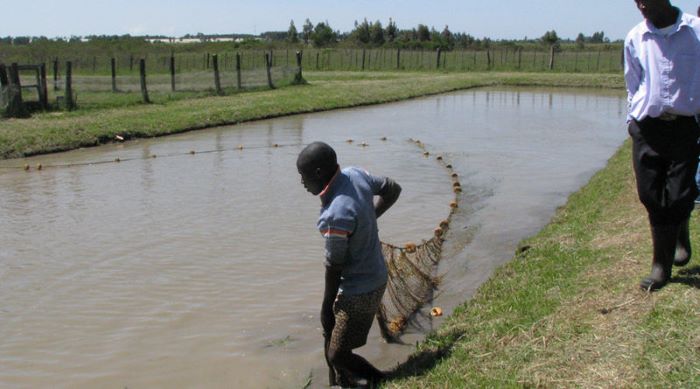Kenya has recorded the lowest numbers in fish production from Lake Victoria in 5 years-down to 90,743 tonnes. This, according to media reports, is amid water pollution and restrictive laws.
From official data released to the press, the fish output from Lake Victoria which is currently the country’s single largest source has declined by 19,159 tonnes over the period from the 109,902 tonnes realised in 2015.
Water pollution
Further and according to reports, the dip has been attributed to the presence of heavy metals such as mercury, lead and copper in the lake. These have since the degraded quality of water making it harder for some fish species to breed.
The lake, which was found to be dwindling in resources from the Economic Survey of 2020, accounted for 62.5% of the 120,873 freshwater fish in 2019. Since then, however, there have also been restrictions imposed on fishermen from fishing on neighbouring countries’ waters.
On the other hand, Kibos Sugar and the Kisumu County-owned Kisumu Water and Sewerage Company are among firms that have been blamed for routinely failing to meet the standards set by the National Environment Management Authority (Nema) for treating waste before releasing it to the sewer line.
The current situation with COVID-19
The restriction of movement and other safety measures due to COVID-19 among Kenyans could mean that the demand is not at its highest and as such relatively easy to meet. There has also been a drastic change in consumer preferences among the fish in the market as the imports were mainly from regions that were worst hit by COVID-19. However, this is soon changing as there is now a stigma attached to products from countries such as China.
Furthermore, with countries imposing unprecedented measures to slow down the spread of the deadly virus, many people are probably wondering what the new normal might look like when the pandemic passes. The Kenyan aquaculture sector is no exception.








